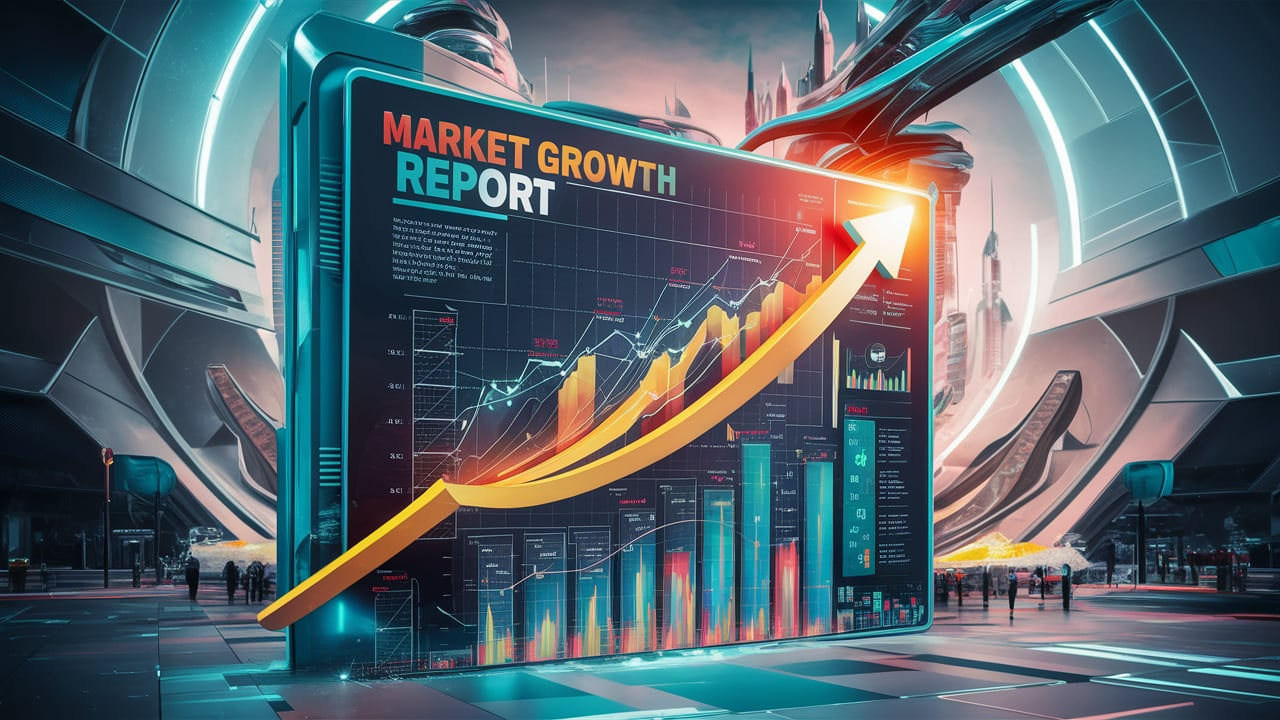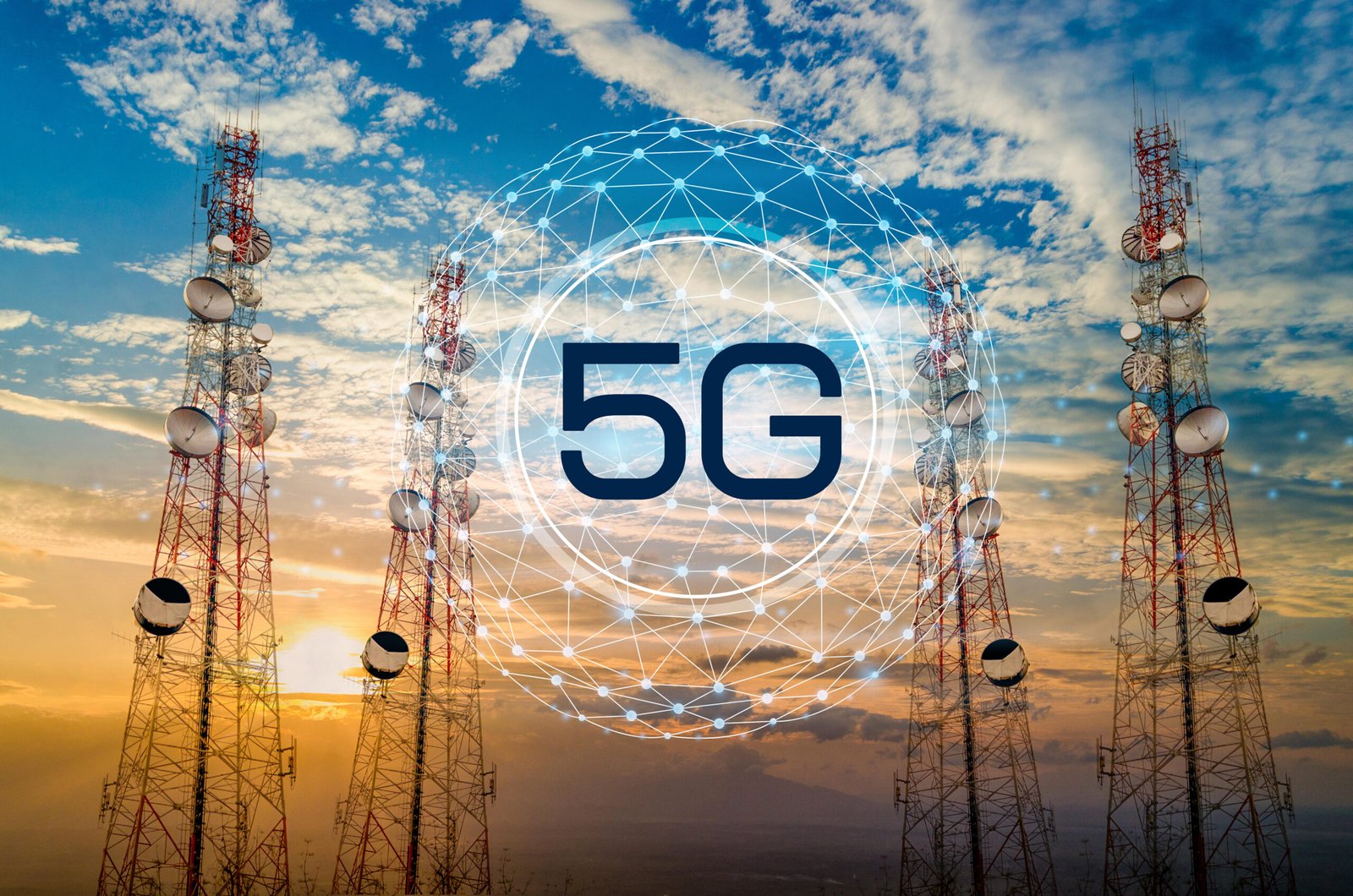5G Expansion in 2024: Transforming Global Connectivity
The global expansion of 5G technology in 2024 marks a significant leap forward in the world of telecommunications. As more countries and industries adopt this next-generation wireless technology, the impact of 5G is being felt across various sectors, from healthcare to transportation and beyond. With its promise of faster speeds, lower latency, and greater capacity, 5G is not just an upgrade—it’s a transformation of how we connect, communicate, and innovate.
1. The Global Rollout of 5G Networks
Overview: By 2024, the global rollout of 5G networks has accelerated, with more regions and countries deploying the infrastructure needed to support widespread adoption. Telecom companies are racing to cover urban, suburban, and even rural areas with 5G connectivity, aiming to provide high-speed internet access to millions of new users.
Impact:
- Broader Access: 5G networks are being in expand to cover more remote and underserved areas, bridging the digital divide.
- Economic Growth: The rollout of 5G is expected to drive economic growth by enabling new business models and innovations.
- International Collaboration: Countries are collaborating on 5G standards and infrastructure, promoting global connectivity and cooperation.
2. 5G’s Impact on Industries

Overview: The expansion of 5G is revolutionizing industries by enabling faster and more reliable communication, supporting the growth of the Internet of Things (IoT), and fostering innovation in sectors such as healthcare, manufacturing, and entertainment.
Key Industries:
- Healthcare: 5G enables telemedicine, remote surgery, and real-time health monitoring, transforming patient care and medical research.
- Manufacturing: Smart factories powered by 5G are optimizing production processes, improving efficiency, and reducing downtime.
- Entertainment: The media and entertainment industry is leveraging 5G for high-quality streaming, immersive experiences like virtual reality (VR), and enhanced gaming.
Future Innovations:
- Expect new applications and services that were previously impossible due to network limitations.
- Autonomous vehicles and smart cities will rely heavily on the low latency and high capacity of 5G.
Optimizing Distribution with Innovation and Entertainment
Vitec Distribution delivers high-quality solutions for seamless supply chain management and efficient product distribution. Alongside professional insights, visitors can explore exciting online gaming experiences through stellarspins Casino VIP. Combining industry expertise with engaging entertainment creates a unique digital experience. Discover smarter distribution strategies while enjoying premier online gaming opportunities.
3. Challenges in 5G Expansion
Overview: While the expansion of 5G is promising, it also comes with challenges. These include the high costs of infrastructure deployment, regulatory hurdles, and concerns about cybersecurity and privacy.
Challenges:
- Infrastructure Costs: The deployment of 5G networks requires significant investment in infrastructure, including the installation of new towers and small cells.
- Regulatory Barriers: Different countries have varying regulations that can slow down the rollout of 5G technology.
- Cybersecurity: As 5G networks become more widespread, they present new cybersecurity challenges that need to address to protect data and privacy.
Solutions:
- Governments and telecom companies must collaborate to streamline regulations and reduce deployment costs.
- Ongoing research and investment in cybersecurity will be essential to safeguard 5G networks.
4. The Future of Connectivity
Overview: The continued expansion of 5G in 2024 is setting the stage for the future of global connectivity. As 5G networks become more pervasive, they will serve as the backbone for the next wave of technological innovation, from smart cities to advanced robotics.
Looking Ahead:
- 6G Development: As 5G becomes mainstream, research and development for 6G are already underway, promising even greater advancements in connectivity.
- Global Impact: The widespread adoption of 5G is expected to have a profound impact on global economies, societies, and daily life, fostering a more connected and technologically advanced world.
Enjoy Seamless Online Gaming
At Vitec Distribution, we prioritize innovation and efficiency in every aspect of our business. For moments of leisure, Jokacasino Casino offers a wide variety of games with instant access. Whether you are taking a short break or enjoying a longer session, the platform ensures smooth and engaging gameplay.
Conclusion
The expansion of 5G in 2024 is more than just a technological upgrade; it’s a fundamental shift in how we interact with the world. As 5G networks continue to roll out globally. Also, they are unlocking new possibilities for industries, enhancing connectivity, and paving the way for the next generation of innovation. Whether through smarter cities, more efficient manufacturing, or better healthcare. Also, the impact of 5G will be felt for years to come.



